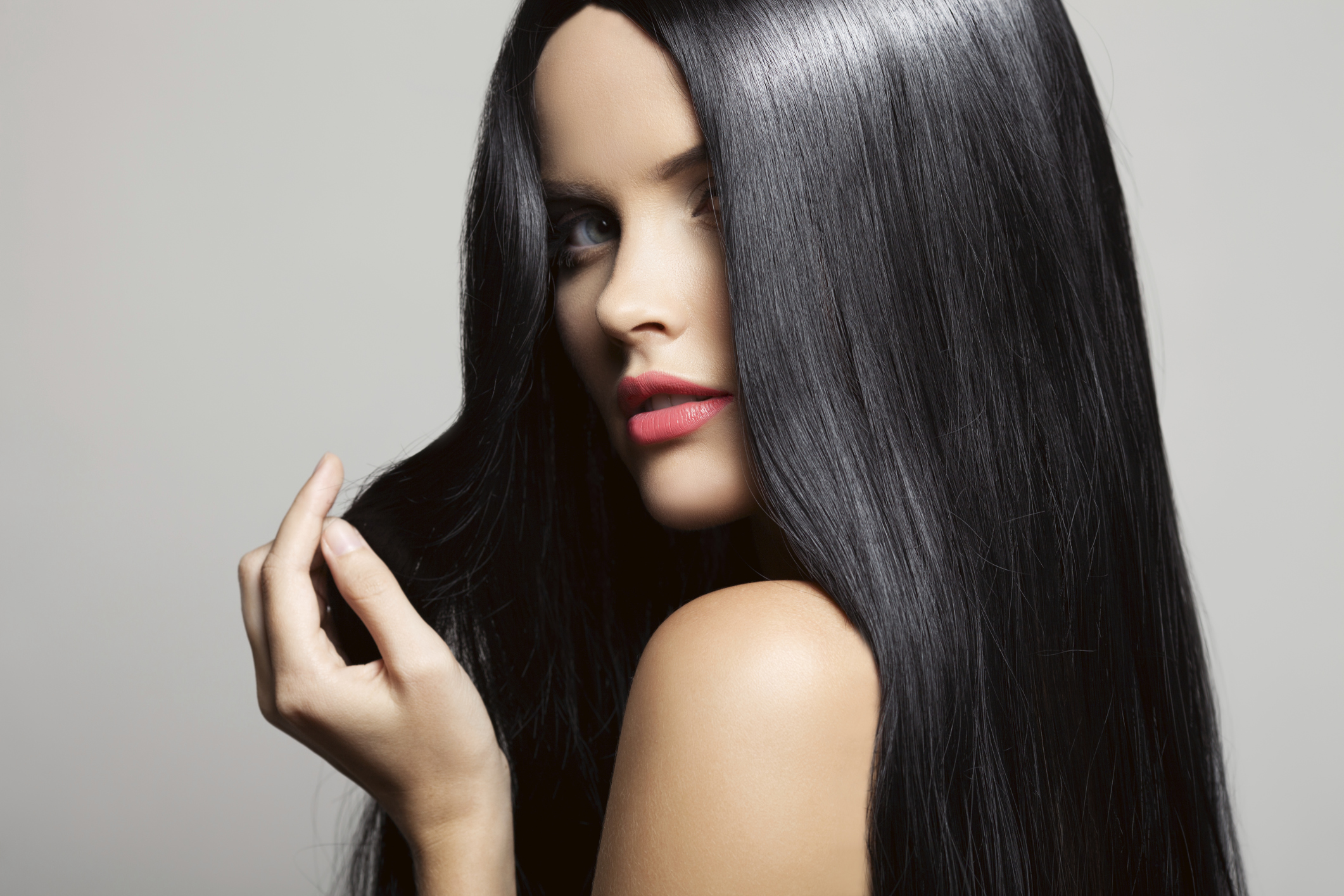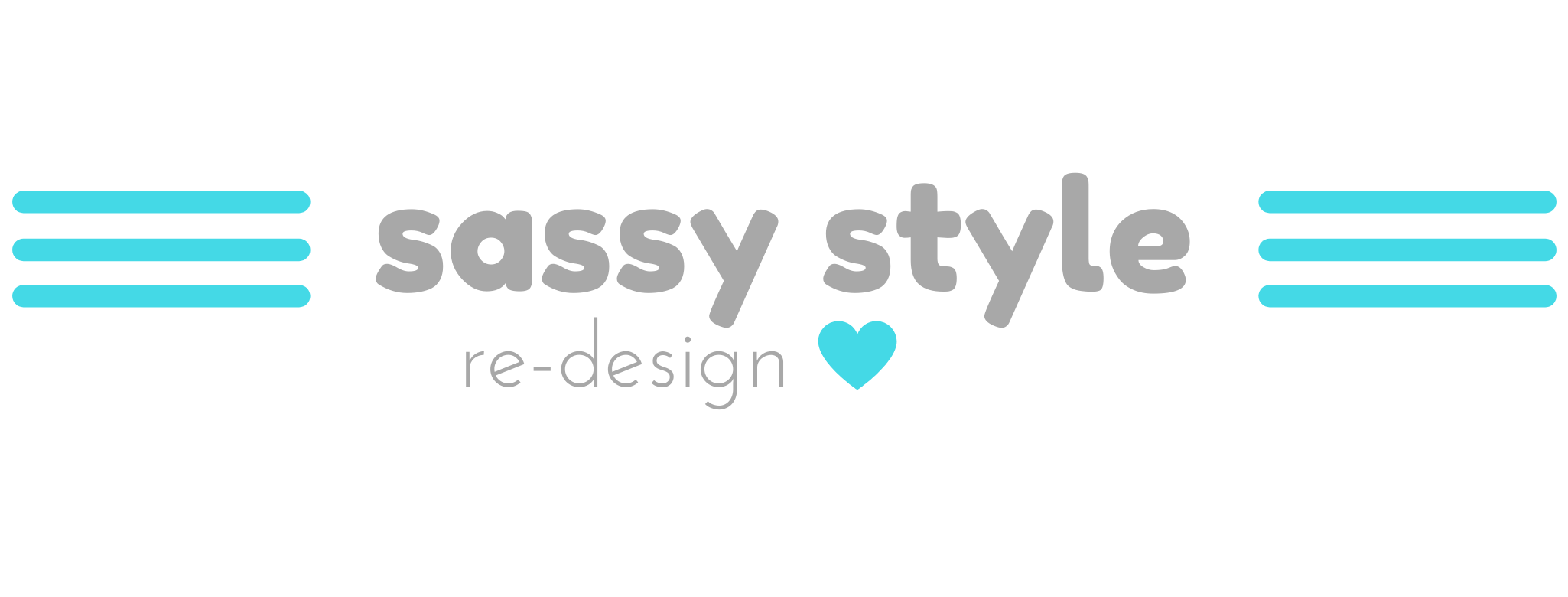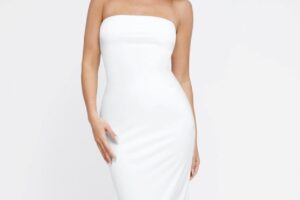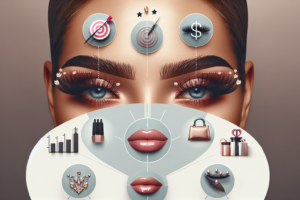Everything you need to know about using a hair relaxer

Hair relaxers are a type of hair care product used to permanently straighten curly or wavy hair. They work by breaking the bonds of the hair’s natural structure and allowing it to be reshaped into a more desired style. Hair relaxers are usually made up of chemical ingredients, such as sodium hydroxide or guanidine carbonate, that break down the proteins in the hair shaft and loosen its curl pattern. The effects can last for several months and may require regular touch-ups in order to maintain the desired look.
Which Type of Hair Relaxer Should You Use?
Choosing the right type of hair relaxer can be a daunting task. There are a few different types of relaxers to choose from, each with its own unique benefits and drawbacks. From lye relaxers to sodium hydroxide relaxers, guanidine hydroxide relaxers, and no-lye relaxers, it can be difficult to decide which one is best for you. The safest way to relax your hair is with a lye-based relaxer. Lye relaxers are the most common type of hair relaxer and are the most chemically-safe option available. This is because lye fades quickly, does not strip your hair of its natural oils, and is easily removed by washing it out in the shower or by using a clarifying shampoo. Lye-based relaxers are typically stronger than other types of relaxers, so a little bit goes a long way when applying these products to your hair – use very little product at first and do not overdo it.
Why Do You Need A Hair Relaxer?
A hair relaxer is a product that can help you achieve the look you desire without having to worry about styling your hair. It can be used to straighten curly, wavy, or frizzy hair and make it look more manageable and easier to style. It also helps protect your hair from damage caused by heat styling tools such as curling irons or flat irons. The need for a hair relaxer is becoming increasingly popular as people are looking for ways to manage their unruly locks without compromising on their desired look. A good quality relaxer can help you achieve the perfect hairstyle while protecting your strands from damage.
How to Prepare for a Hair Relaxer Application?
Preparing for a hair relaxer application is an important step to ensure that the hair relaxer is applied correctly and safely. By taking the time to properly prep your scalp, you can avoid potential scalp irritation and damage.
1) Wash your hair with a mild shampoo.
2) Make sure the hair is completely dry before applying the relaxer.
3) Apply conditioner to your scalp or use a vinegar rinse if you want to remove product residue from your hair.
4) Do not apply any oil, grease, or petroleum-based products on your scalp for at least 2 hours after application of the relaxing agent. This will minimize any product build-up and prevent clogged pores in the scalp that could cause irritation during the bleaching process.
Cons of Using Hair Relaxer
Hair relaxers are chemical treatments used to straighten and smooth out unruly hair. While they can provide a sleek, polished look, there are some potential cons associated with using hair relaxers. Hair relaxers and similar products can be linked to the development of ovarian cancer in some women. This is largely due to the presence of chemicals called “tetrasodium EDTA” or “EDTA” in these types of products. These chemicals are often used to help prevent hair from becoming weighed down and tangled, but at high levels, they can cause changes in DNA that may lead to cancer. This is why hair relaxer settlement lawyers are ready to help people that are in need of due compensation. In some cases, EDTA has also been linked to uterine fibroids and endometriosis as well as breast cancer.
Chemicals In A Hair Relaxer
Hair relaxers use a chemical reaction to break bonds in the hair. There are a few different types of chemicals typically used including amines, sulfates, and quaternary ammonium compounds. But most salons use the less damaging form of these — the quaternary ammonium compounds. Quaternary ammonium compound is an effective agent for breaking down protein bonds in the hair and disrupting the structure of keratin proteins, which makes it easier for other chemicals to react with them. This means that it is gentler on your hair than other hair relaxers on the market.
It is important to know the pros and cons of something that you have never tried before. You should weigh the risks and act accordingly.



































No comments